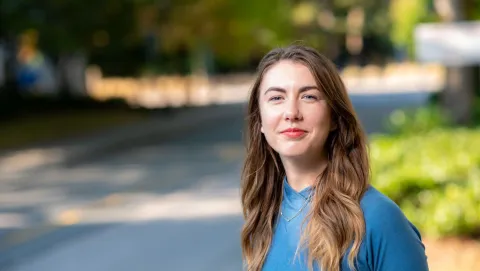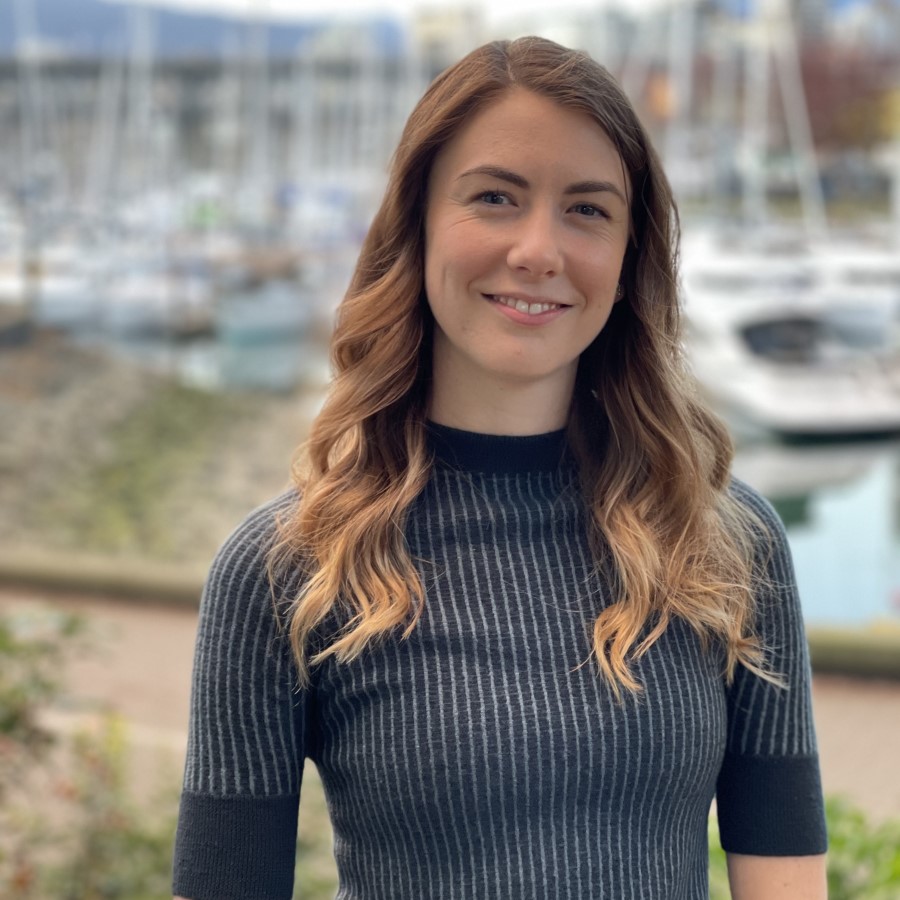
April 22, 2025
We're delighted to celebrate that SCARP PhD student Keisha Maloney recently published an article in the Journal of the American Planning Association!
Planning With the Animacy of the Land
JAPA, 2025
In this article, Keisha argues that planners in settler colonial contexts can learn from Indigenous traditional ecological knowledge to recognize the animacy of the land as they endeavour to advance more just and sustainable cities.
Planning with the animacy of the land means respecting the land as a living entity that holds layers of stories and knowledge. Often, planners are trained to see the land as property, not as a relation. Indigenous traditional ecological knowledge and reciprocity-based methodologies have much to teach settler planners about reorienting our relationship with the land to enable mutual flourishing into the future.
In the tradition of reflective practice, she argues planners should ask themselves, “How is my praxis giving back to the more-than-human relations that sustain us?”
Using this question as the starting point for planning processes can fundamentally shift our understanding of sustainable praxis away from preserving nature for anthropocentric gain and toward recognition of the more-than-human entities with whom we rely on for mutual survivance.
Full article - "Planning with the Animacy of the Land"
When planners ask themselves, 'How is my praxis giving back to the more-than-human relations that sustain us?' we are fundamentally unsettling the current power relationship between settler planning, governance, and Indigenous lands.
